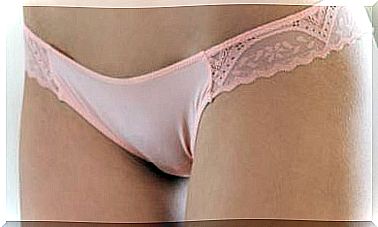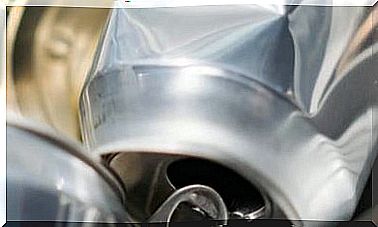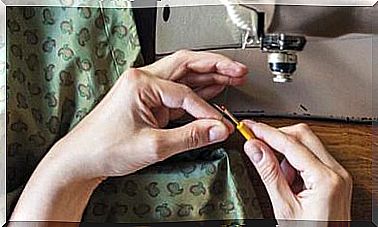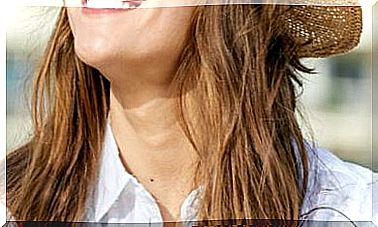Europe Reminds The Spanish Government That Homeopathy Is Medicine
The Health Commissioner has answered a question from the PSOE that the Commission does not plan to modify the legislation that establishes that homeopathic preparations are medicines.
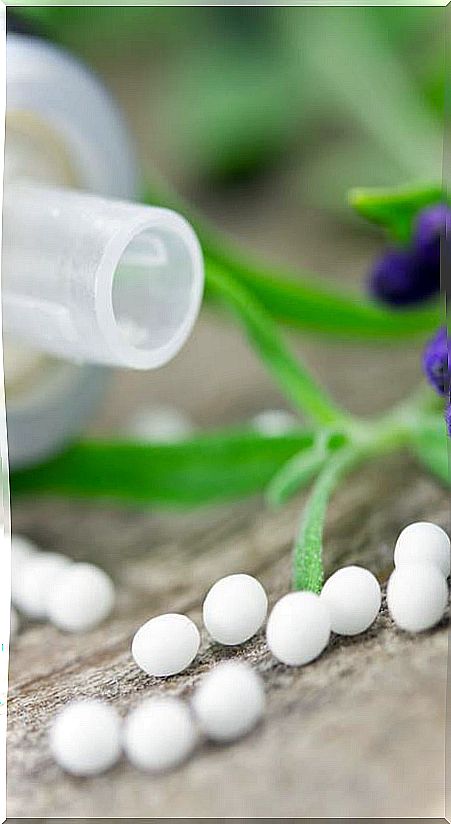
The Minister of Health, María Luisa Carcedo, and the Minister of Science, Innovation and Universities, Pedro Duque, have dragged the Spanish Government in their personal crusade against homeopathy and have crashed it against the European Commission.
The European governing body has clipped their wings by reminding them that it is not planned to modify the European regulation that establishes that homeopathic preparations are medicines and also reminds them that no other government of the 27 of the Union has requested a modification in this regard. .
The Spanish government has endorsed the position of the two ministers against homeopathic medicine. They do not agree that homeopathic preparations are legally medicines and that they are sold in pharmacies, something that is possible thanks to Spanish laws, registered in the current European legal framework.
For this reason, the socialist MEP José Blanco asked the European Commission if it was possible to modify the regulations.
European law protecting homeopathy “is fine as is”
The Commission’s response has been clear and forceful. The European Health Commissioner, Vytenis Andriukaitis, has responded to Blanco that the current law “is fine as it is” and that “there are no requests from other States to modify the legislation.” Therefore, there is no movement in Europe in the direction that the Spanish government wants.
Blanco had suggested in his question that it is necessary to modify the consideration given to homeopathic preparations to “clarify the scenario for both health professionals and citizens.”
However, the Commission sees no such need: “the current regulatory framework for homeopathic medicines takes into account their specific nature and strikes a balance between ensuring their quality and safety and informing consumers, including health professionals, while offers citizens access to these products, ”Andriukaitis said.
More than 2,000 homeopathic medicines in pharmacies
Current Spanish law, in accordance with the European one, establishes that homeopathic medicines can be marketed after a registration process and with compliance with manufacturing procedures that ensure their pharmacological safety. This law covers the 2,008 homeopathic medicines that can be found in pharmacies.
Of these 2,008 products, 12 aspire to become drugs “with therapeutic indications”, for which they will have to pass the same efficacy and safety tests as any other drug.
The 1,996 remaining products are sold “without therapeutic indication . ” For activists against homeopathy, this means that those 1,996 products are “ineffective” and therefore should not be able to be sold as medicines.
Homeopathic medicines can be effective
In fact, the fact that a homeopathic medicine carries the declaration “without therapeutic indication” on the label does not say anything about its quality and its effectiveness in practice. A homeopathic medicine that does not have a therapeutic indication can be effective within the framework of homeopathic treatment.
Anti-homeopathy activists are unaware that in the homeopathic context, medications do not necessarily have therapeutic indications, they are not prescribed to cure symptoms or conditions, as is the case with allopathic medications, but are administered based on the characteristics of the patient and their objective is to promote the self-healing.
Thus, the same homeopathic medicine can be administered to patients suffering from very different disorders. And, for example, five people with the flu can each receive a different medicine. It is this specificity of homeopathic medicine that is recognized and regulated in European and Spanish regulations.
Homeopaths feel supported by the Commission
The National Assembly of Homeopathy, which represents physicians and professionals who practice this medicine, has stated that the commission’s response represents “clear and resounding support” for homeopathy.
The president of this organization, Dr. Alberto Sacristán, believes that the Commission’s blow to the Government should serve to “reconsider its position and desist from its particular crusade.”
Along the same lines, the European Homeopathy Committee, which represents 40 medical associations from 25 countries and about 40,000 doctors, reminds the Spanish government that homeopathy is used by 100 million people and is included in the Swiss health systems , France or United Kingdom.
Several international homeopathic medical organizations have also spoken out against the intentions of the Spanish government.
WHO supports the integration of complementary therapies
In fact, the current position of Spain is against the recommendations of the World Health Organization (WHO), dependent on the UN.
For the WHO, homeopathy and other complementary and traditional therapies must be recognized and integrated into public health systems to better meet the needs of citizens.
Although the Minister of Health and the Minister of Science are declared enemies of homeopathy, which they define as pseudo-therapy, it is not a unanimous position in the ruling party.
In the last legislature, the PSOE spokesman in the Health Commission, Dr. Jesús María Fernández, said that “pseudotherapies” should not be confused with natural medicine and natural therapies, and that these should not be persecuted, but integrated into the system, as proposed by the WHO.

